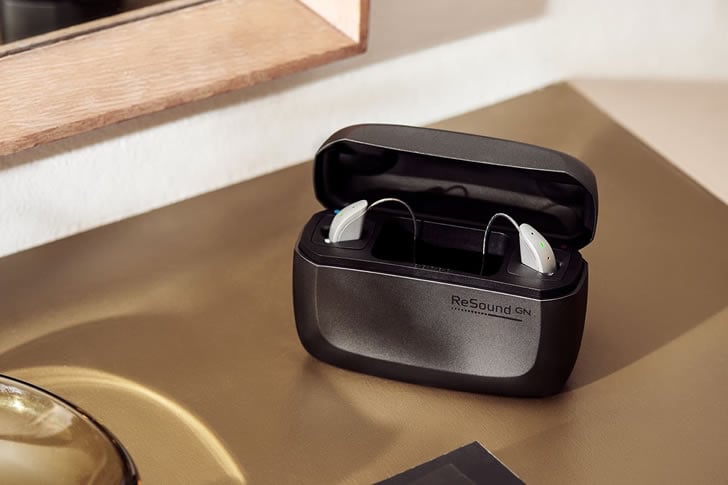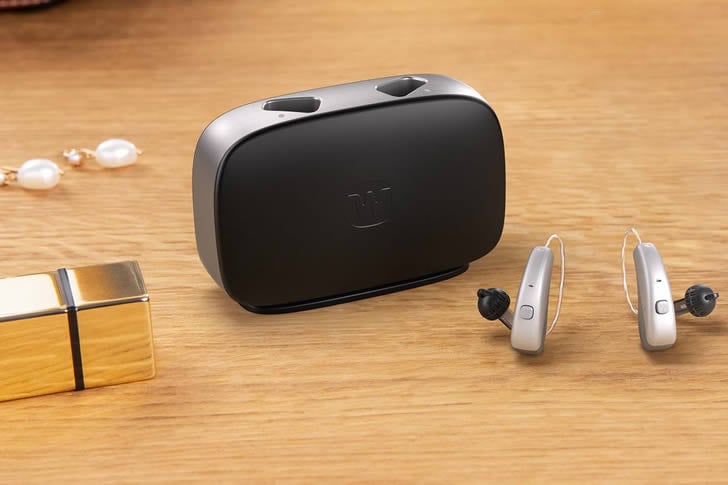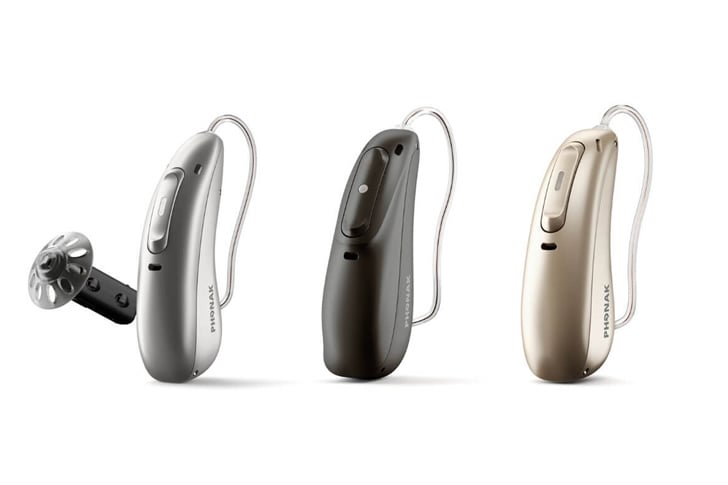Best Hearing Aids for Seniors
Choosing the right hearing aid for seniors can significantly improve their quality of life. This guide will walk you through the best options available today, focusing on quality, features, and value.

Understanding Hearing Loss in Seniors
Hearing loss is a common issue as people age. According to the National Institute on Deafness and Other Communication Disorders (NIDCD), approximately one in three people in the United States between the ages of 65 and 74 have hearing loss, and nearly half of those older than 75 have difficulty hearing. This highlights the importance of finding the right hearing aid.
Key Features to Consider
When selecting a hearing aid for seniors, it’s essential to consider several factors:
- Comfort and Fit: A hearing aid should be comfortable enough to wear for extended periods.
- Ease of Use: Seniors may find some devices more user-friendly than others. Look for features like easy-to-change batteries or rechargeable options.
- Sound Quality: The device should offer clear sound without distortion.
- Durability: Hearing aids should be robust enough to withstand daily use.
- Battery Life: Longer battery life reduces the hassle of frequent changes.
- Connectivity: Modern hearing aids often come with Bluetooth connectivity, allowing for integration with smartphones and other devices.
Chart: Comparison of Hearing Aids by Price and Features
| Hearing Aid | Price Range | Key Features |
|---|---|---|
| Phonak Audéo Paradise | $2,000 – $3,000 | Bluetooth, Rechargeable, Customizable |
| ReSound One | $2,500 – $3,500 | Natural Sound, Comfortable Fit, Noise Reduction |
| Oticon More | $2,800 – $4,000 | BrainHearing™, Speech Understanding, Rechargeable |
| Starkey Livio Edge AI | $2,500 – $3,800 | AI Enhancement, Fall Detection, Bluetooth, Rechargeable |
| Widex Moment | $2,400 – $3,800 | ZeroDelay™, Natural Sound, Moisture Resistant, Rechargeable |
| Signia Pure Charge&Go | $2,500 – $3,500 | Automatic Adjustment, Bluetooth, Rechargeable |
| Eargo 6 | $2,650 – $2,950 | Invisible, Comfortable, Rechargeable |
| Unitron Discover Next | $2,200 – $3,300 | Bluetooth, Rechargeable, Customizable |
| Beltone Amaze | $2,200 – $3,200 | Personalized Sound, Long Battery Life, Rechargeable |
| Rexton BiCore | $2,000 – $3,000 | Advanced Sound Processing, Bluetooth, Rechargeable, Durable |
Common Questions About Hearing Aids
Q: How often do hearing aid batteries need to be replaced? A: It depends on the type of hearing aid and the battery. Some batteries last 3-7 days, while rechargeable models may need charging daily.
Q: Are there hearing aids that work well with smartphones? A: Yes, many modern hearing aids like the Phonak Audéo Paradise and Signia Pure Charge&Go have Bluetooth connectivity, allowing them to pair with smartphones for calls and media.
Q: How can I make sure my hearing aid fits properly? A: It’s important to get a professional fitting from an audiologist. They can customize the hearing aid to fit your ear comfortably.
Q: Do hearing aids come with warranties? A: Most hearing aids come with a warranty ranging from one to three years, which typically covers repairs and servicing.
Final Thoughts
Selecting the right hearing aid for seniors involves careful consideration of comfort, sound quality, and additional features that enhance usability. The options mentioned above are among the best in the market and cater to different needs and budgets.
References
- National Institute on Deafness and Other Communication Disorders (NIDCD) – https://www.nidcd.nih.gov/
- Hearing Loss Association of America (HLAA) – https://www.hearingloss.org/
- Mayo Clinic Hearing Aids Overview – https://www.mayoclinic.org/tests-procedures/hearing-aids/about/pac-20385096
- Consumer Reports Hearing Aid Buying Guide – https://www.consumerreports.org/cro/hearing-aids/buying-guide/index.htm










Recent Comments